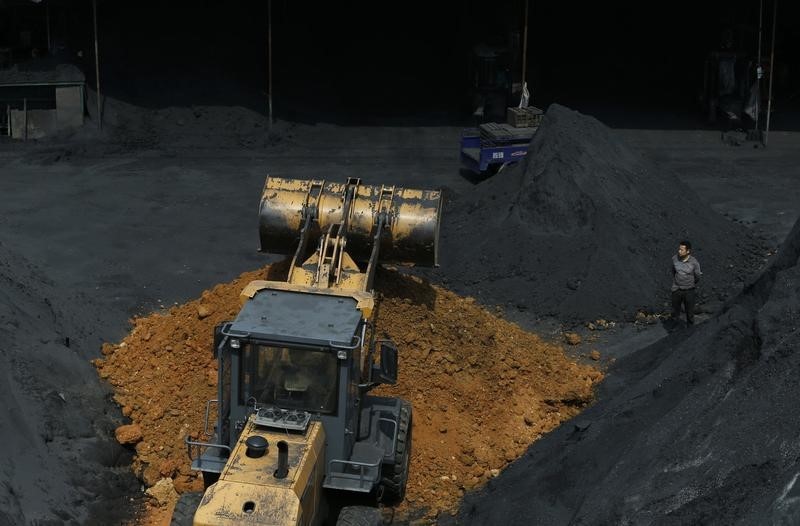SYDNEY, April 18 (Reuters) - Australia's Queensland state on Monday banned underground coal gasification, a controversial process used to convert coal into gas.
Unlike fracking, which involves pumping fluid into coal seams to cause fractures, the method by which unearthed coal, known as underground coal gasification, or UCG, takes place entirely below the surface, raising concerns over water contamination and greenhouse gas emissions.
The ban on UCG was initiated by the state's mines minister, Anthony Lynham, who said he will introduce legislation by the end of the year to make it law.
Carbon Energy Ltd CNX.AX , a company that said it had spent A$150 million ($115.23 million) over eight years developing UCG technology to use in the state, was considering a response to the ban.
Carbon Energy, whose stock dropped nearly 8 percent to less than 2 Australian cents on Monday, said it had passed every environmental and scientific test put before it over the past eight years.
Last month, Singapore-listed Linc Energy LINC.SI was charged in Queensland with causing serious environmental harm following an investigation into a gas leak at one of its UCG pilot plants, after four employees fell ill with suspected gas poisoning.
Linc, whose shares have been suspended since late March, on April 15 sought voluntary ministration, a form of bankruptcy. of UCG say the process is safer as there is no surface disposal of coal ash into the atmosphere, while detractors have raised concerns over contamination of groundwater and increased levels of greenhouse gases beyond those of natural gas.
"The potential risks to Queensland's environment and our valuable agricultural industries far outweigh any potential economic benefits," Lynham said.
Wales in the United Kingdom last month imposed a moratorium on UCG, part of a precautionary approach it said toward the development of unconventional oil and gas resources, which includes a temporary ban on fracking. ($1 = 1.3017 Australian dollars)
